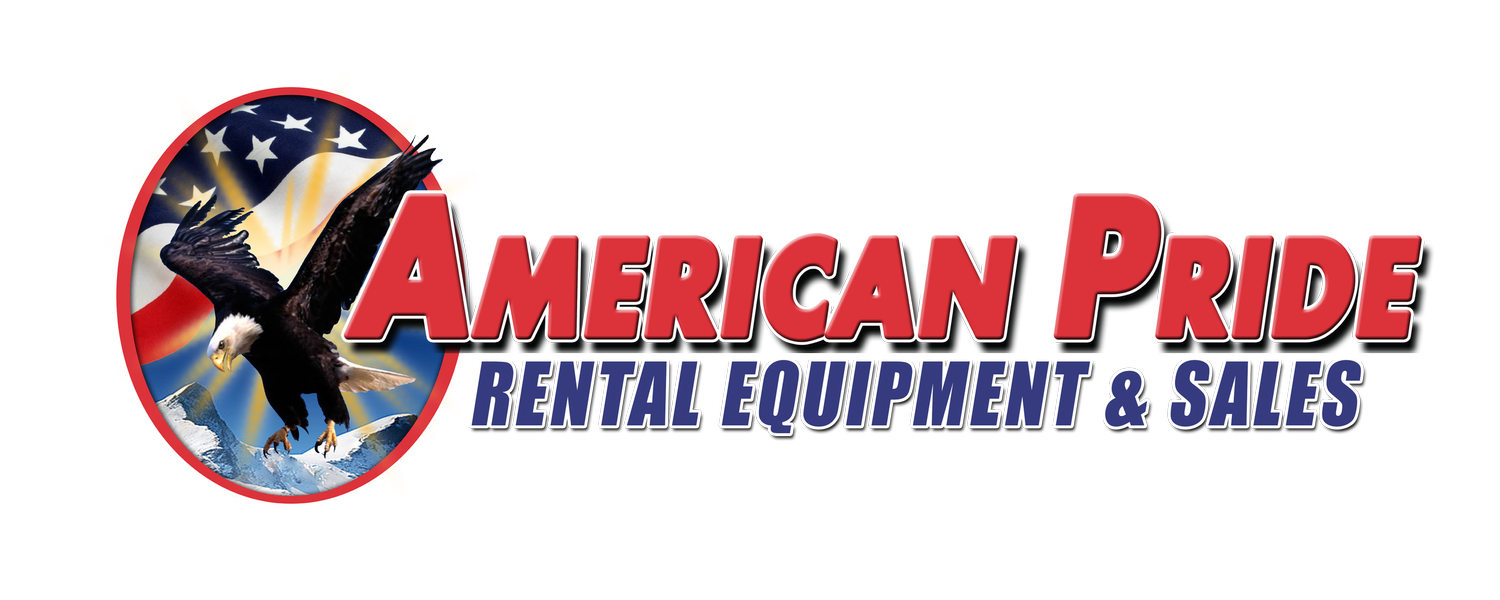Make Light Work of the Hard Work with American Pride Rental Equipment And Sales in Sarasota. We have the equipment to make your next project easier. 941-706-3392
Read MoreWe Rent, We Sell at American Pride Rental Equipment And Sales in Sarasota. Give us a call for all your equipment and tool needs. Rentals, Sales, Parts & Service 941-706-3392
Read MoreThe compact utility loader equipment class is gaining popularity, and the category may soon be giving compact track loader and skid steer loader manufacturers a run for their money. The compact utility loader (CUL) is only a little over two decades old in the United States, and has traditionally been marketed heavily towards rental stores. Construction and landscape contractors can pick one up for a week or so to supplement their current fleet or to use for a specific project that requires a more nimble, lightweight machine. CULs have also been popular with do-it-yourself carpenters and landscapers who have basic earthmoving projects or landscaping tasks to tackle on their properties.
Read MoreConstruction machine operators have enormous potential to affect their own safety and the safety of everyone else on the job site, as well as the maintenance costs and life of the machines they use. This power all lies in the performance of quick but thorough heavy equipment inspections before and after operation.
Read MoreHeavy industrial machinery can cost hundreds of thousands of dollars to purchase, without factoring in maintenance fees, repairs and fuel costs and yet only 35 to 40 percent of the people who use equipment rent vs. own. Rental equipment is offered at a fraction of the price of buying, and all the additional fees that keep the machines safe and efficient are covered by the rental company. Given this information, why do the remaining 60 percent of users make large capital investments on machinery that becomes a depreciated asset?
Read MoreAh, the lure of that shiny, new backhoe loader! But before you pay out hard cash for the privilege of being its proud owner, it may be worth thinking about renting rather than buying. Money is always a key consideration, but so are risk and opportunity. The rent-or-buy decision has an impact on all three. The market for renting construction equipment has increased in recent years. The list of advantages below explains why.
Read MoreEssentially, Section 179 of the IRS tax code allows businesses to deduct the full purchase price of qualifying equipment and/or software purchased or financed during the tax year. That means that if you buy (or lease) a piece of qualifying equipment, you can deduct the FULL PURCHASE PRICE from your gross income. It’s an incentive created by the U.S. government to encourage businesses to buy equipment and invest in themselves.
Read MoreBuying a used piece of equipment can be a great way to save money if you know what to look out for. Otherwise, it could end up turning into a waste of your money and time. Buying used Walk-Behind Power Trowels are no different, so how do you make sure that you’re on the winning side of this transaction?
Read MoreCompaction is one of the most important processes in many applications. Whether you are laying pavers, asphalt, or concrete, using a plate compactor is vital to the longevity of the material. With all the different types of plate compactors on the market, it can be confusing to figure out which one is right for your application.
Read MoreWhen talking about Walk Behind Power Trowels, the term"pitch" is referring to the angle that the trowel blades sit against the floor. The pitch of the blades should change as the finishing process progresses, and the concrete changes. In the past, there was a standard way that you pitched trowel blades, but over the years other ways have been developed. Depending who you talk to will determine which answer you get on what ways are the best. At the end of the day it comes down to preference.
Read MoreForward Plate Compactors are used for compacting many different kinds of base materials when prepping for concrete, pavers, and many other types of applications. Compaction is one of the most important parts in the construction process. Poor compaction can lead to the base shifting over time which can ruin an entire project.
Read More













